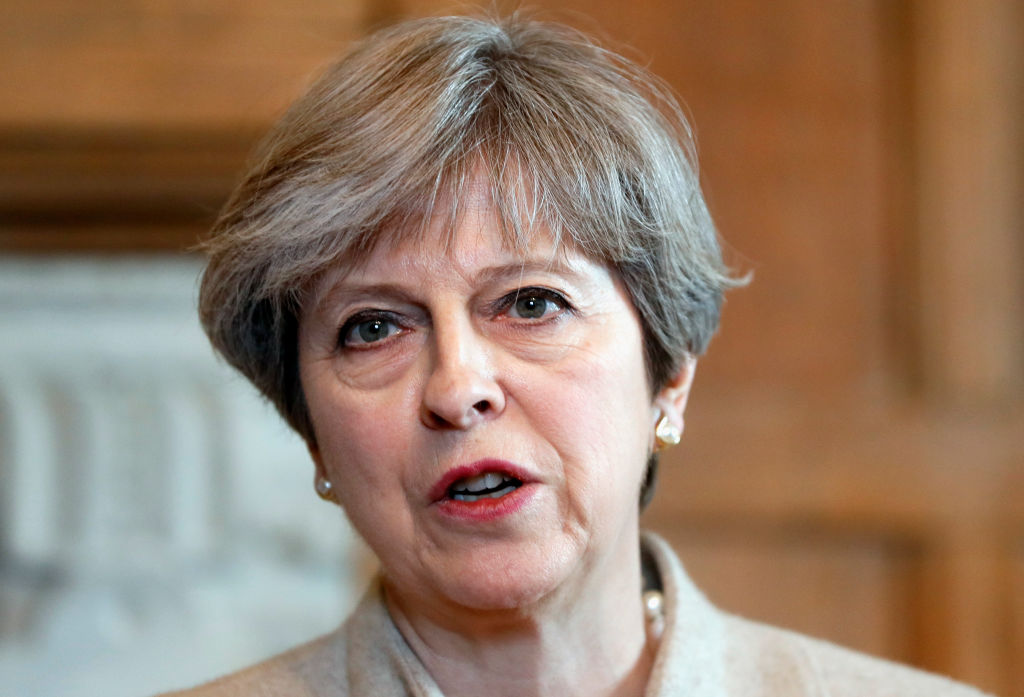Today has been so bigged-up as a day of destiny for Britain that it can only deliver disappointment. Even if we do have white smoke rising from the chimneys of Chequers by the end of the day, together with a photo full of strained smiles as the Chancellor and Foreign Secretary apparently agree on a blueprint for Brexit full of delicate compromises and trade-offs, why does anyone think that Michel Barnier and his team will give the nod to what is agreed?
It is remarkable how little this matter has been raised over the last few days. We have had endless speculation on the internal politics of the cabinet. We have had rumours of resignations, a last minute summit at which David Cameron is said to have talked Boris out of a threat to resign. But scarce acknowledgement that the Cabinet is not going to get to lay down the landscape of Brexit by itself. On the contrary, all the Cabinet is agreeing – or not agreeing – upon is the latest batch proposals to present before the court of Michel Barnier.
To judge by his past record it should not be difficult to work out what will happen next. The government will have bust its collective gut to come up with something that its resident Brexiteers and Remainers can just about accept – and then M. Barnier will shake his head and say: “non, that is not possible. That option does not exist”.
He has done it every time. His modus operandi is there for everyone to see: it is to stonewall all proposals coming from London and then to complain that the UK government doesn’t know what it wants, hasn’t presented him with a workable plan and then to tell us that the clock is ticking. But it is ticking because he wants it to tick. He wants a deal to be done, on his own terms, at a last minute summit on his own territory, shortly before the UK’s departure date next March. That is how the EU does business and how it has always done business.
It will not be a deal that has been crafted to unite the government or Conservative party – it will be one hashed out by May and a few officials in the small hours when they really just want to go to bed. It will not be a good deal for Britain but one which has been designed above all else to be seen to deter other countries from seeking to leave the bloc. Boris never uttered truer words than when, responding to comments by former French president Francois Hollande, he said that subjecting Britain to ‘punishment beatings’ was not the way forward in Brexit negotiations. The Foreign Office sought to apologise for its boss’s words, but they summed up the EU tactic exactly.
Barnier can get away with systematically squashing proposals from Britain and postponing a deal to the last because he senses there is greater desperation in London than in other EU capitals. He knows there will be plenty of commercial interests across the EU who need a trade deal with Britain for their own self-interests, but calculates he can fob them off for longer than the UK government can fob off its own critics. He sees it as a case of who blinks first – and is confident it won’t be him.
What today’s meeting at Chequers should have been about – or rather what the government should have discussed months ago, long before it went on to discuss details on tariffs and barriers – is strategy, about how to play Barnier and his team at their own game. The government needed to work out when to call his bluff, decide what would trigger a British walk-out from the negotiations, what price we would demand to come back, how we could convince the EU that we were serious about leaving without a deal (even though we dearly want one). Without that strategy in place Britain is doomed to come off second best. The tragedy of today’s Chequers summit is that is so few of its participants seem able to see this.







Comments